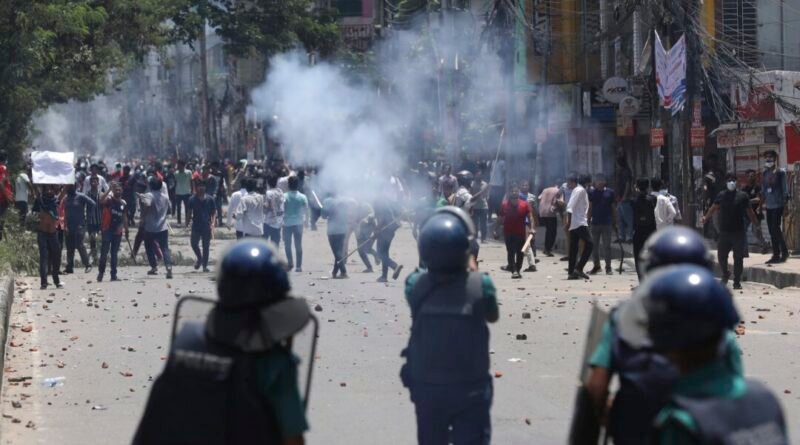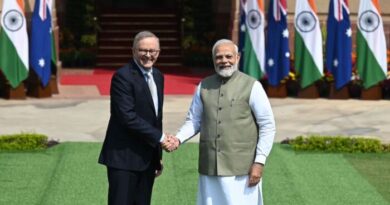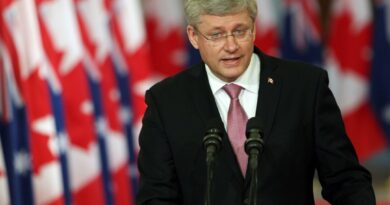Travel Advisory Issued for Bangladesh by US Due to Civil Unrest and Terror Threats
The U.S. State Department has issued a travel advisory for Bangladesh, urging Americans to reconsider traveling to the South Asian country due to civil unrest, crime, and terrorism.
Bangladeshi police have also imposed a strict curfew following deadly protests.
Telecommunications have been interrupted in Dhaka and across the country, the State Department said, warning of possible delays in the provision of consular services due to the deteriorating security situation.
In its advisory, the State Department singles out the Chittagong Hill Tracts Region, which is a group of districts in southeastern Bangladesh, bordering India and Myanmar in the east. It warns of occasional communal violence, crime, kidnapping, and terrorism.
“Terrorist attacks can happen with little or no warning, with terrorists targeting public areas such as tourist locations, transportation hubs, markets/shopping malls, restaurants, places of worship, school campuses, and government facilities,” the advisory states.
Local media reported that around 800 inmates escaped a prison around 30 miles northeast of Dhaka after it was set ablaze by protesters.
Protests led by student groups erupted weeks ago across Bangladesh, over a quota system reserving up to 30 percent of government jobs for relatives of 1971 war veterans.
Bangladeshi authorities have not provided official casualty figures.
Following the deadly protests, police imposed a strict curfew across Bangladesh on Friday, while military forces patrolled parts of Dhaka on Saturday.
The curfew, which began at midnight on Friday, allows officers to fire on mobs in extreme cases, according to Bangladeshi lawmaker Obaidul Quader, the general secretary of the ruling Awami League party, per The Associated Press.
The curfew was relaxed from noon to 2 p.m. on Saturday to allow people to run essential errands, and is expected to last until 10 a.m. on Sunday.
“U.S. citizens should practice vigilance and reconsider their travel plans. Shelter in place if near affected areas. You should avoid demonstrations and exercise caution in the vicinity of any large gatherings,” the embassy said in the statement, adding that it would be providing only limited services as mission staff have been instructed to shelter in place.
Both the travel advisory and the U.S. Embassy statement urged Americans in Bangladesh to avoid large crowds and protests, and shelter in place when necessary.
U.S. citizens were also urged to monitor local news if available for security-related developments and to remain vigilant and always carry a charged cell phone for emergency communications.
There have been reports that the Bangladeshi government had blocked mobile and internet services, with some TV channels being taken off the air and most local newspaper websites down.
This unrest represents the biggest challenge to Prime Minister Sheikh Hasina since her fourth consecutive term win in January’s elections.
Protesters argue that the quota system is discriminatory and they instead demand a merit-based system. The prime minister has defended the quotas, emphasizing respect for war veterans.
Representatives from both sides met on July 19 to seek a resolution. Student leaders demanded quota reforms, the reopening of dormitories, and the resignation of certain university officials. Government officials expressed willingness to discuss the demands.
The main opposition Bangladesh Nationalist Party supported the protests and pledged to organize its own demonstrations, though it denied responsibility for the violence.





